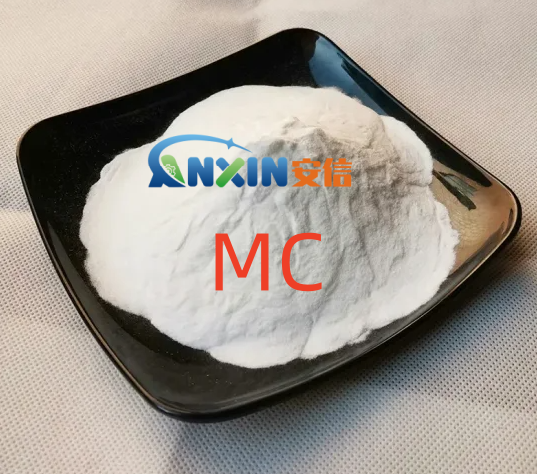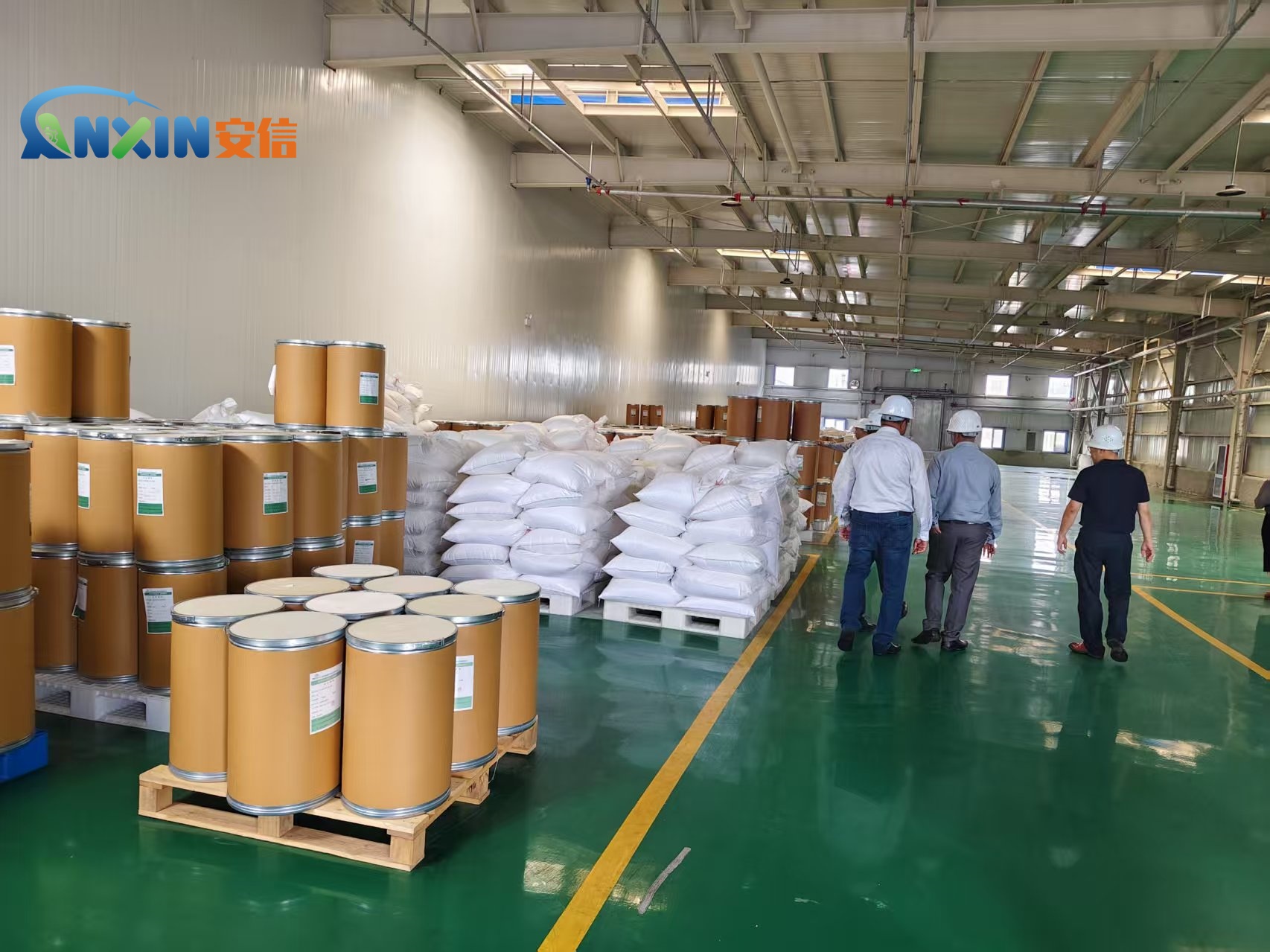Function of methylcellulose
Methylcellulose (MC) is a nonionic cellulose ether modified from natural cellulose by methylation. It has good water solubility, film-forming property, water retention and thickening property, and is widely used in construction, medicine, food, cosmetics, papermaking, coating and other fields.
1. Basic properties of methylcellulose
Methylcellulose is a modified cellulose ether formed by replacing the hydroxyl part of the cellulose molecule with methyl. It has a stable structure, is white or off-white powder, is odorless and tasteless, and has good thermal gel properties. It can be completely dissolved in cold water to form a transparent viscous solution, but it is insoluble in hot water. Its thermal gel property is reversible, that is, it forms a gel after heating and returns to a solution after cooling.
2. Main functions of methylcellulose
2.1. Thickening effect
MC forms a viscous solution after dissolving in water, which can significantly increase the viscosity of the system. Therefore, MC is widely used in products that need to improve adhesion, suspension ability or form a good dispersion system, such as coatings, paste foods, glues, ointments, etc.
2.2. Water retention effect
MC has a strong water retention capacity and can significantly slow down the loss of water. This property makes it play a key role in building mortar, gypsum products and food processing. For example, adding MC to dry-mixed mortar can prevent the base from absorbing water too quickly and improve the construction performance.
2.3. Film-forming property
Methylcellulose can form a uniform and tough film after the water evaporates, with good flexibility and anti-oil penetration properties. Therefore, it is often used in drug tablet coating, food cling film and cosmetics.
2.4. Thermal gelation effect
MC has a unique thermal gel property, that is, it will form an irreversible gel after heating to a certain temperature. This property is used in the food industry to make jelly, pudding or control rheological properties.
2.5. Emulsification and stabilization effect
Methylcellulose has certain emulsification and stabilization properties in oil-water systems, which can prevent stratification and precipitation. It has important applications in skin care products, coatings, detergents, etc.
3. Application and role of methylcellulose in different industries
3.1. Construction industry
In dry-mixed mortar, tile adhesive, putty powder, gypsum and other building materials, MC, as a water-retaining agent and thickener, plays the following roles:
Improve construction performance, such as improving lubricity and fluidity;
Prolong the open time and improve bonding performance;
Water retention prevents mortar from losing water too quickly and reduces the risk of cracking;
Increases anti-sagging properties and makes the application more uniform.
3.2. Pharmaceutical industry
Methylcellulose is a commonly used pharmaceutical excipient, commonly used in:
Tablet binder and disintegrant: improve tablet structure and improve disintegration efficiency;
Medicinal coating material: form a protective coating to prevent moisture and oxidation;
Laxative: MC can be used as a source of dietary fiber to promote intestinal peristalsis;
Eye drops thickener: improve the adhesion of the liquid and prolong the efficacy of the drug.
3.3. Food Industry
MC is listed as a safe food additive (E461), and its main functions include:
Thickener: used in jam, ice cream, sauce, etc.;
Water-retaining agent: extend the shelf life of food;
Stabilizer: keep the food structure from being easily deformed;
Film-forming agent: make edible films and coating materials;
Low-fat substitute: simulate the taste of fat in fat-reduced foods.
3.4. Cosmetics Industry
In cosmetics such as creams, conditioners, facial cleansers, etc., MC is mainly used as:
Thickener: adjust the texture of emulsions and gels;
Stabilizer: prevent oil and water separation;
Film-forming agent: form a protective film on the skin surface to improve water lock;
Provide a smooth application feeling and enhance the user experience.
3.5. Papermaking and coating industry
In papermaking, MC can improve the sizing, oil resistance and surface strength of paper;
In water-based coatings, MC plays the role of thickening, anti-sagging and improving leveling performance, making the coating easy to apply and presenting a smooth and uniform surface.
Methylcellulose is a nonionic cellulose ether with excellent performance and wide application. Its outstanding thickening, water retention, film-forming and thermal gel properties make it play an irreplaceable role in many industrial and daily life fields. With the continuous development of green and environmentally friendly materials, the demand for the use of MC is also growing, especially in green building materials, functional foods and biomedicine, and the prospects are broad.
Post time: Jul-07-2025








